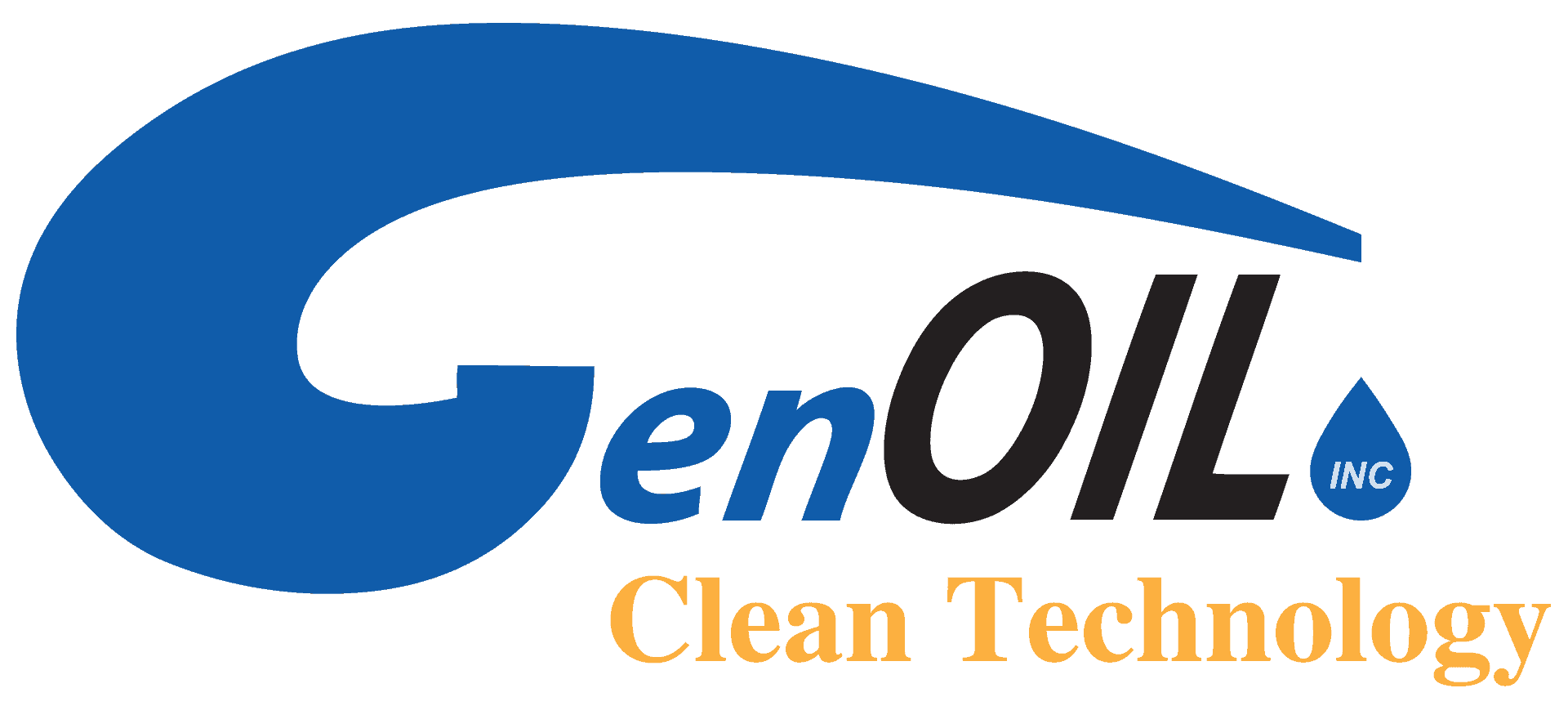Oct 16, 2001 02:00 AM
Genoil has reported ongoing successful testing of the tarsands bitumen upgrading project at Kerrobert with the help of its ‘GNO-V’ technology:
Successful upgrading of tarsands bitumen from 6.8 API to 28 API gravity using Genoil technology. Liquid yields were greater than 100 % with no petroleum coke.
— Genoil process reduced sulphur content in the feedstock from 5 % to 0.2 %.
— Genoil’s process is capable of retrofitting existing refineries to either increase capacity or reduce sulphur content to meet new Kyoto gasoline sulphur specifications.
— Second phase of testing commences in a non-catalytic mode.
The Genoil upgrader has successfully completed the first phase of field-testing. The bitumen feed had an API of 6.8 and a sulphur content of 5 %. The bitumen was upgraded to an API of 28 and a sulphur content of 0.2 %. This was achieved at relatively mild operating conditions of 745 degrees Fahrenheit and 1600 psig. The bitumen was supplied from a tarsands producer in Fort McMurray. Genoil’s engineering staff is very pleased with the test results. Very stable products were produced at mild operating conditions.
During testing carried out last year the Genoil pilot demonstration upgrader successfully upgraded heavy oil in Southern Alberta from 12 API to 30 API. Genoil’s hydro-processing technology can meet the needs of field producers and can also be used in regional upgraders processing heavy oil or bitumen tarsands.
Genoil’s technology can also be applied to retrofit existing refineries hydrotreating and/or hydrocracking facilities. One of the main features of the Genoil hydro-processor is its ability to combine hydrocracking and hydrotreating at lower capital and operating costs.
The Genoil process is a flexible process insofar as it permits the operator to produce a quality product that best meets market demands. The potential world refining capacity that could utilize Genoil’s technology is in the order of 2,400,000 bpd of new residual processing as well as millions of barrels of existing refining capacity on a worldwide basis.
Genoil’s technology could be utilized to retrofit existing hydrotreating facilities in every refinery, regardless of size. This presents an economic solution for all the refiners in North America, as they must meet gasoline sulphur specifications of 30 PPM from 340 PPM by 2004 and diesel specification of 15 PPM from 500 PPM, by 2005. To meet these new targets, refineries will have to add hydrotreating and/or hydrocracking facilities. In addition, to meet low sulphur gasoline requirements, some refiners may be forced to process more sweet crudes, such as those provided by Genoil’s technology.
Genoil has designed, built and currently operates a state-of-the-art pilot upgrader plant located at Kerrobert, Saskatchewan. The plant works on a 7-day/24 hour pattern, supported by technical staff of 3 engineers and 8 process operators.
The pilot plant is fully automated. Genoil’s stand-alone hydro-processor, complete with instrumentationon-line analysers and recording devices, is designed to continuously collect and record all process data.
Additionally, Genoil has its own hydrogen plant and a desulphurisation unit which reduces the H2S in the gas stream to less than 3 PPM. The liquid yields of the Genoil hydro-processor are greater than 100 %. This is achieved through the addition of hydrogen, whereas typical carbon rejection process (e.g. major tarsands operations), have liquid yields of approximately 80 %, as they remove carbon in the form of petroleum coke.
The second phase of testing of the tarsands bitumen feed has commenced. The objective is to achieve a sweet crude that meets pipeline API specifications in a non-catalytic mode of operation. This will eliminate the need for blending feedstock with expensive condensate and/or utilizing catalyst. The Genoil team remains very confident and encouraged by the test results. Genoil will publish its results of the second phase testing upon completion and evaluation of the testing.
